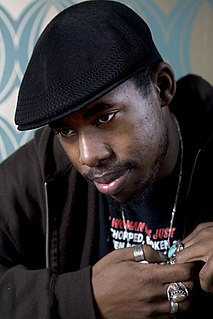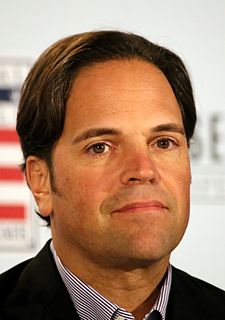A Quote by Gertrude Stein
A real failure does not need an excuse. It is an end in itself.
Related Quotes
I'm not going to be like, "I gotta get this idea out of my head." It's like, "OK, here's a clean slate, and I've got all these paints, and all these brushes, and this is what I'm going to do with it." It reveals itself, and you take a step back and say, "What's happening here? Where are we going? What does this mean? Do I need to break it open? Does it need to just be what it is? Should it end now?"
You need to put the fear of risk aside. Startups need leaders who are willing to persevere through the hard times. Failure is an option, and a real risk. Failure and risk are something entrepreneurs should understand well, and learn to manage. Don’t have a fear of talking about your failures. Don’t hide your mistakes.
The difference between stepping stones and stumbling blocks is not in the event itself but how you think about it and what you do after it. Every failure and setback can become part of your success or an excuse for quitting or failing. People who develop the discipline of positivity are both happier and more successful.
I would say the special experience of American wartime policy in the last 40 years, from Vietnam on, is that the war itself became controversial in the country and that the most important thing we need in the current situation is, whatever disagreements there may be on tactics, that the legitimacy of the war itself does not become a subject of controversy. We have to start with the assumption, obviously, that whatever administration is conducting a war wants to end it.
The world needs more than just itself. Amid the dreariness, people do not need a distraction that will in the end become dreary itself; they are asking for mystery, even if they do not realize this themselves. They need the sign of the wholly Other, the living Word of God, entering into this our age in unadulterated trustworthiness and dynamism.
I really took it in-house. The Constantine character has a kind of flesh-and-blood practical look at things that would seem, other people would use the word, occult or spiritual. But here, demons are real. So for me it was more taking it from the film itself. I didn't really need to go outside the piece itself to inform me because the perspective on it, what the character does, was provided by the script.






































